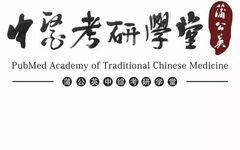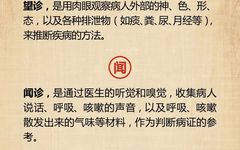Lecture 6 of Easy Learning TCM: Eight Principles Differentiation 1
2018.03.29 Sunny Thursday at Huxin Pavilion Park Alright, are you ready for our “Easy Learning TCM”? This lesson will cover the Eight Principles Differentiation. What did we discuss in the last class?We talked about the Four Examinations: Observation, Listening, Inquiry, and Palpation. In TCM, what is the most comprehensive way to diagnose a patient? It … Read more





